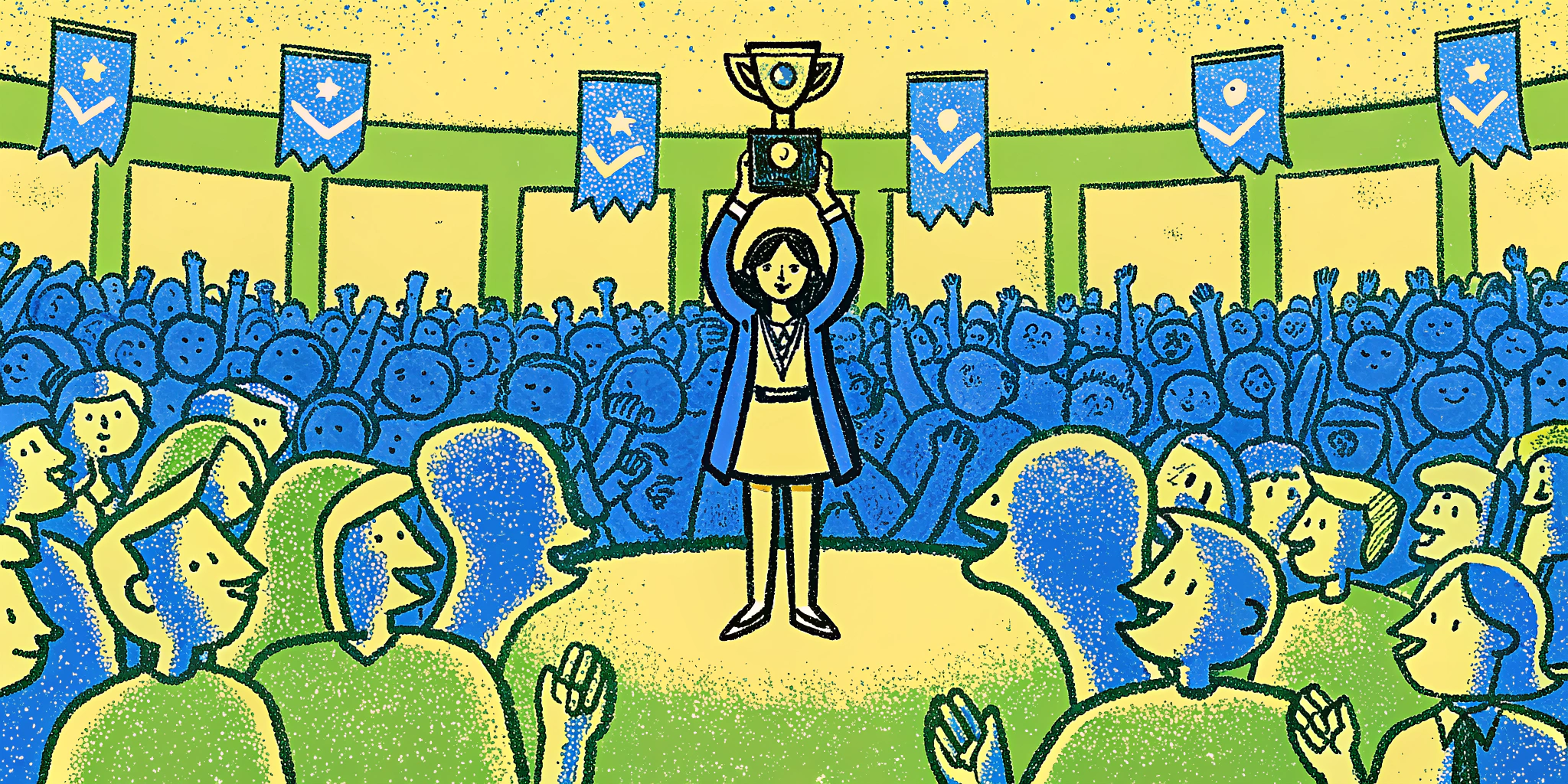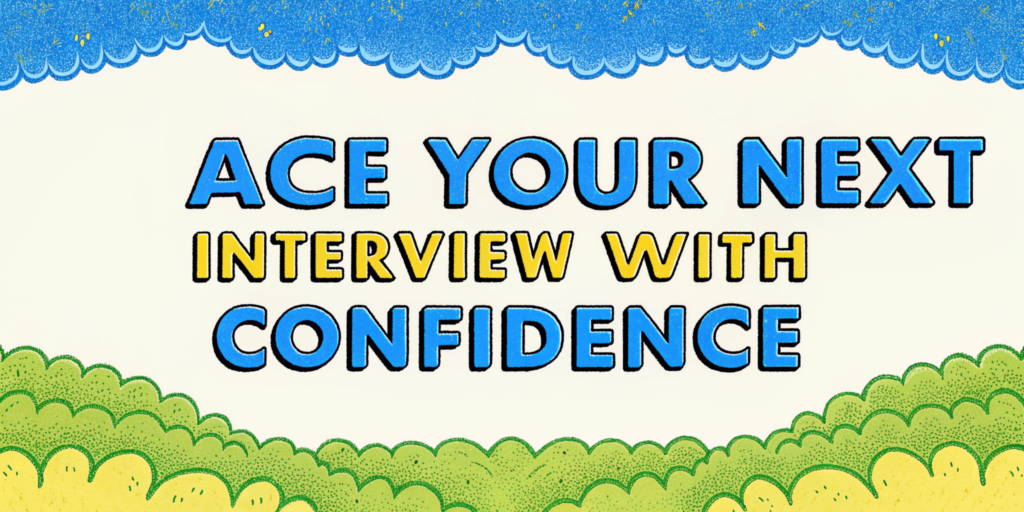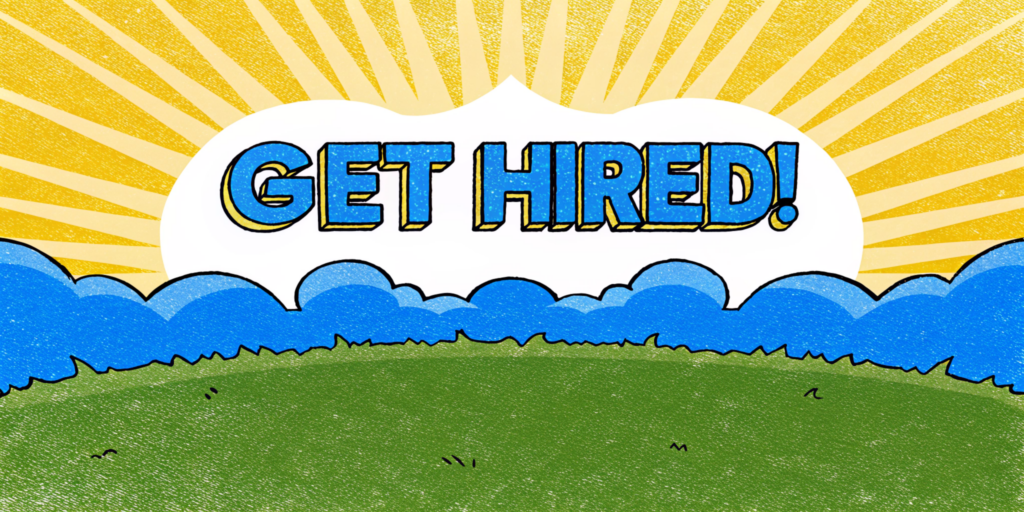Have you ever been asked to reflect on a time when you felt immensely proud of yourself or your identity? It’s not just a casual prompt—it is an opportunity to showcase what drives you, what defines you, and what you stand for. Whether in an interview, a networking event, or even personal contemplation, knowing how to craft a narrative around your proudest moment can transform the way others see you—and how you see yourself. 💡
In this blog post, we’ll break down how to describe a time when you were proud of your identity with actionable advice, storytelling techniques, and real-life examples, including my own heartfelt experience from my junior year of high school, where my journey in competitive debate left an indelible mark on my identity.
Why “Proud of Your Identity” Is a Key Question?
The question “Describe a time when you were proud of your identity” might seem simple at first, but it’s actually loaded with deeper intentions:
- 🎯 Employers or evaluators want to know your values. How you answer this reveals what motivates you and makes you unique.
- 🤝 It connects your personal side to your professional skills. Sharing a story reinforces qualities like leadership, empathy, or adaptability.
- 💬 It’s a chance to tell a story that’s memorable. Personal anecdotes stand out in interviews more than generic statements.
So let’s approach this opportunity with strategy. For example, here’s my personal story about leading my debate team to victory.
Crafting Your Story: The Junior Year Debate Team Example
I’ll be honest: my most defining “proud moment” came during my junior year of high school, a time when I discovered aspects of my identity I hadn’t recognized before. Let’s break it down, step by step.
📖 The Context
During my junior year, I was part of my school’s highly competitive debate team. I had the privilege but also the immense pressure of being a leader on the team. Our season was long and grueling, testing everyone’s stamina. By the time we ended the regional rounds, morale was low, and Nationals felt like a distant challenge.
🛠 The Strategy
As team leader, I knew I needed to reinvigorate my team’s energy. I created a game plan that combined rigorous yet fun debate practice with team-building activities. For example, I organized mock debates with unconventional topics (like “Which is better: pancakes or waffles?”) to make practicing more enjoyable. I also spent extra one-on-one time coaching our less-experienced team members—their confidence was key to tackling Nationals as one cohesive unit.
🌟 The Outcome
The results were beyond what I could have imagined. Not only did my team win Nationals (a monumental accomplishment in itself), but we strengthened our bonds along the way. Several teammates confided later about how much they had grown because of my leadership, and their gratitude reaffirmed my belief in the power of collaboration and encouragement.
This experience taught me three key lessons:
- Leadership isn’t just about directing—it’s about empowering.
- Your team’s success is a reflection of your ability to motivate them, even in tough moments.
- An inclusive approach—focusing on every team player—drives better outcomes.
How to Reflect: Converting Personal Pride to Professional Insights
Taking a moment of personal pride and spinning it into a professional advantage is an art. Here’s a guide you can follow to craft your own story.
| Step | Key Question to Reflect On | Example Answer (Debate Team) |
|---|---|---|
| Set the Scene | What was the situation, setting, or context? | “Junior year, my debate team was headed for Nationals after a long season.” |
| Identify the Challenge | What obstacle or issue needed solving? | “Morale was low, and some teammates felt underprepared for the big event.” |
| Your Actions | What specific actions did you take? | “I developed a creative game plan and devoted extra time to newer team members.” |
| Outcome/Result | What was the result, and how did it make you feel? | “We won Nationals, but more importantly, I gained confidence in my leadership.” |
Pro Tip: 💡 When narrating your personal story, be sure to strike a balance between humility and ownership of your actions.
Why Cultural Identity Can Be Your Superpower
There’s another layer to the “proud of your identity” narrative: your cultural identity. Reflecting on and embracing your cultural heritage can create powerful stories of resilience, pride, and uniqueness in the workplace or interviews.
For instance: my role as a debate leader was deeply shaped by my cultural values. I grew up in a family where lifting others up wasn’t just encouraged—it was expected. That upbringing instilled in me the responsibility to see my teammates succeed, and it shaped my leadership style.
Here are some aspects of cultural identity that might make you proud:
- 🇺🇸 Tradition of hard work.
- 🌏 Multilingual capabilities or global perspectives.
- 🤲 A deep sense of community and teamwork.
Use Ninjafy AI to Refine Your Example in Interviews
Truthfully, telling a story like my debate triumph wasn’t always this smooth. I stumbled through recounting it in a few early interviews. That’s when I discovered Ninjafy AI.
Here’s how Ninjafy AI helped me:
- Real-time interview coaching. Using its NinjaCopilot™ feature, I practiced how to narrate my story with confidence—without sounding like I was just rambling.
- Personalized insights. Its Personal Model feature adapted the feedback specifically for my field, aligning my story with the leadership and communication aspects hiring managers look for.
- Mock interview simulations. I rehearsed with real-time question prompts from its Industry Brain, gaining deeper clarity on elements like tone and body language.
Thanks to Ninjafy AI, I went from being “nervous and under-rehearsed” to “polished and ready to shine” in interviews. It transformed my preparation—and it could do the same for you!
Bonus: 3 Sample Answers to Nail Interview Questions About Pride
Need inspiration? Here are three example responses to the question, “When did you feel proud of your identity?”
- Personal Leadership Example:
“During my junior year, I led my school’s debate team to Nationals. I developed team-building strategies and mentored new members. That experience not only led to a championship victory but also solidified my belief in inclusive leadership.” - Cultural Identity Contribution:
“I’m deeply connected to my cultural roots, which emphasize collective success. When handling a group project at work, I used those values to build a culture of mutual support, leading my team to exceed targets.” - Overcoming a Challenge:
“In my first job, I implemented a new workflow system despite resistance. By encouraging open dialogue and collaboration, I persuaded the team to adopt it. It saved us 20% in operational time, and I was proud to see my persistence pay off.”
Conclusion: Showcasing Your Unique Identity
Reflecting on your achievements isn’t about showcasing perfection—it’s about embracing the moments that defined your growth. Whether you’re recounting an academic win, a professional breakthrough, or a cultural revelation, the key is to center your narrative on values and impact.
And if you’re struggling to polish your story for maximum impact, remember: Ninjafy AI could be your not-so-secret weapon in rocking that next interview. Consider giving it a try here. 🚀


